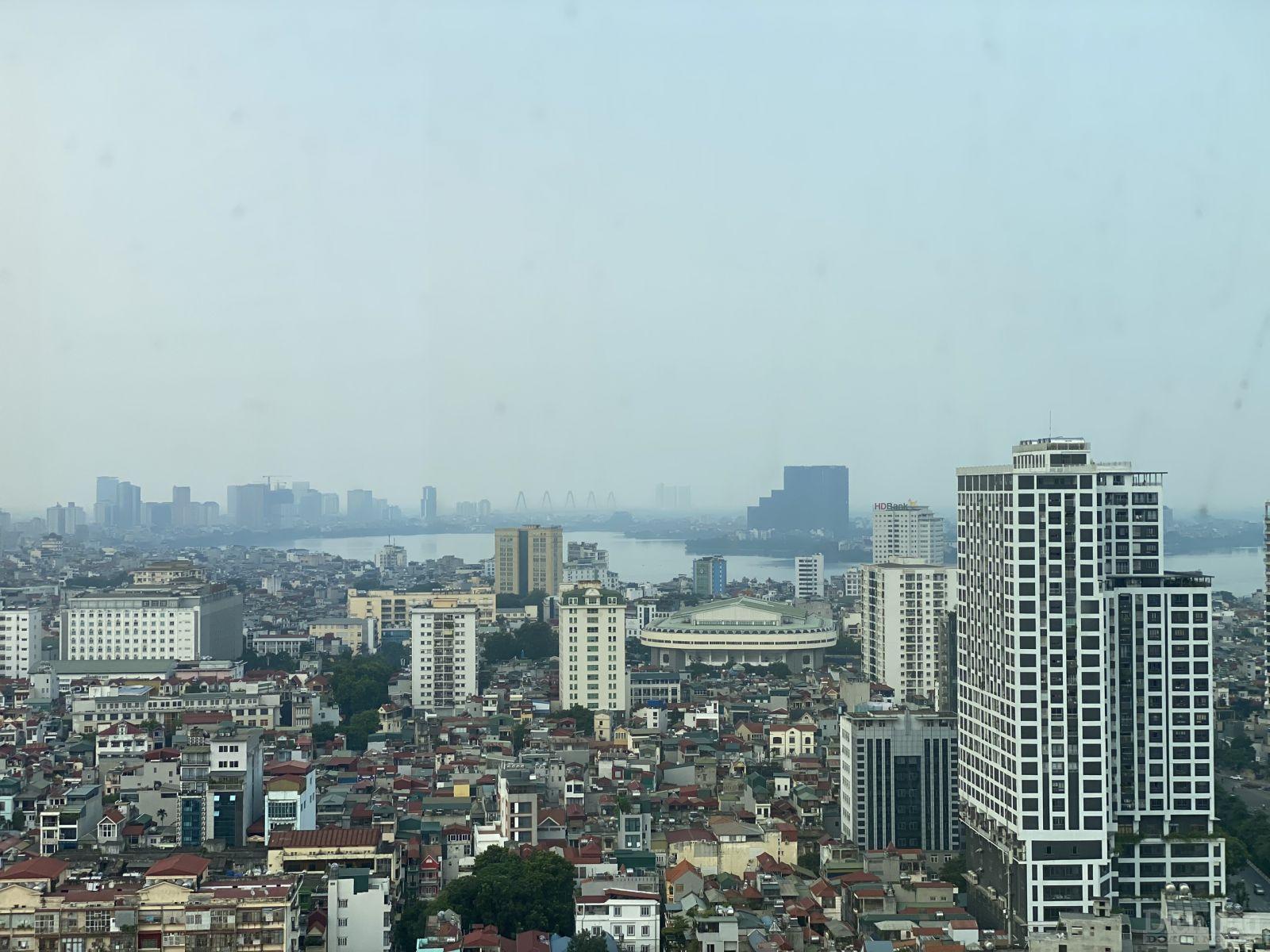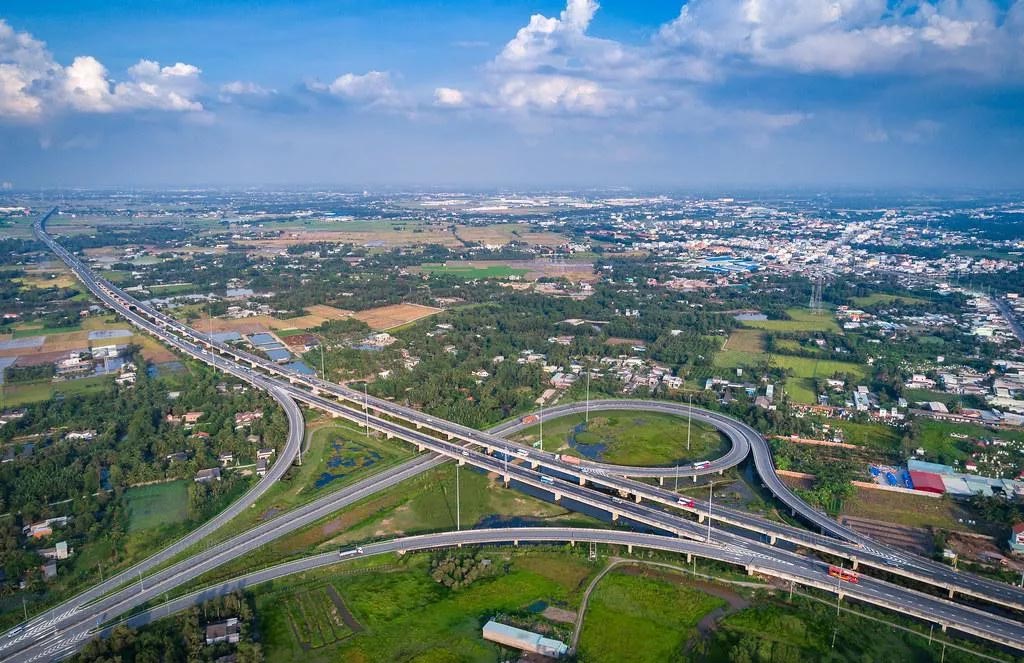Foreign investors still look for a streamlined legal framework.
Despite several long-standing problems in the Vietnamese economy, such as legal procedures, Vietnam retains a strong allure for international investors.
Legal procedures hamper investors
Dr. Su Ngoc Khuong, Senior Director of Savills Vietnam, explains: Vietnam has a population of more than 100 million people, with Ho Chi Minh City and Hanoi each having a population of more than 10 million. This creates a significant demand for housing and business space in these two locations. Furthermore, the Vietnamese government's dedication to recruiting FDI and promoting industrial zones has established a strong market appeal for international investors.

Many shortcomings in legal investment and construction procedures are still awaiting revision and supplementation
Based on experience dealing with foreign investors, viewpoints on the Vietnamese real estate market may be classified into two categories: project-level investment and enterprise-level investment. From an enterprise standpoint, investors are interested in publicly traded real estate enterprises.
Despite significant long-term hurdles in the Vietnamese market, such as legal procedures, Vietnam continues to attract international investors due to steady economic development and stable political systems.
According to Khng, despite a low total GDP, Vietnam's recent strong growth rate has piqued the interest of investors, particularly during difficult times.
However, the complexities of legal property ownership in Vietnam continue to hinder foreign private investors' participation in the mid- to high-end categories.
According to DDN, foreign cash has been aggressively streaming into Vietnamese real estate via M&A deals. SkyWorld Vietnam, a subsidiary of SkyWorld Development Berhad (Malaysia), bought land in District 8 (Ho Chi Minh City) for residential development; Gamuda Berhad bought 3.68 hectares of land in Thu Duc City for a mixed-use project; and First Real Land (Vietnam) bought a 22% stake in Bach Dang Trading and Service Company, which owned nearly 6,900 square meters of land in Da Nang.
Despite robust M&A activity, real estate inflows from this activity are expected to fall dramatically in 2023. In 2022, total capital from real estate M&A acquisitions reached about $1.7 billion, but by October 2023, this figure had decreased to around $730 million, a 33% decline from the previous year.
According to Dr. Nguyn Văn nh, Chairman of VARs, several international investors have begun to move funds into projects in Vietnam through share acquisitions. Legal stumbling blocks obstruct these deals.

Waiting for a lenient legal policy
According to Dr. S Ngc Khng, land funds in key urban locations like Vietnam Ho Chi Minh City and Hanoi appear to be depleted. However, the government has recently encouraged public investment in urban projects and infrastructure in Ho Chi Minh City and Hanoi's satellite cities.
Investors with big land funds in satellite cities are poised to deploy, particularly in 2024, owing to favorable monetary policies, low interest rates, and more capacity for real estate company expansion.
"Investors are still looking for more permissive legal rules to stimulate growth and produce items to suit societal requirements," the analyst observes.
Meanwhile, the CEO of a business that is developing a project in Ho Chi Minh City with 650 apartments and land plots claims that the "undercurrent" in land purchase and asset takeover is increasing. As the market reaches its "bottom," several projects have been secretly transferred at low costs, benefitting those with financial wherewithal.
"By 2024, the market may see more ownership transfers with values in the millions, if not tens of millions of dollars," a firm representative said.








